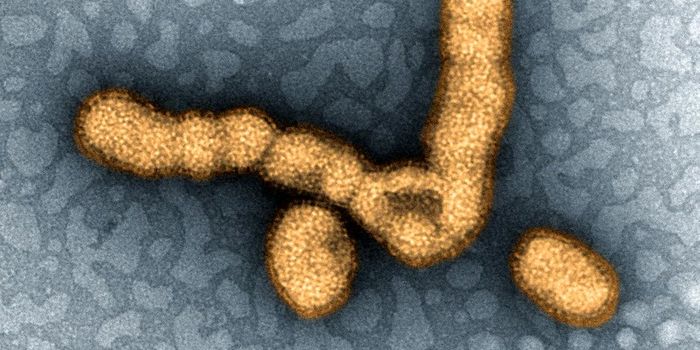Photosynthetic Algae Found to Produce Methane
Cyanobacteria are microscopic blue-green algae that are capable of photosynthesis. These naturally occurring microbes are found in many freshwater environments and can grow into dense blooms that can be toxic. These blooms are already becoming more common and lasting longer as the world gets warmer; that's expected to continue.
Now researchers have shown that cyanobacteria can produce a potent greenhouse gas: methane, on land and in oceans and inland waters. The findings, which suggest that these microbes could contribute to climate change, have been reported in Science Advances.
"Cyanobacteria in surface water are a previously unknown source of methane and we were able to show for the first time that these bacteria produce the greenhouse gas methane during photosynthesis," said the study leader, Dr. Mina Bizic of the Leibniz-Institute of Freshwater Ecology and Inland Fisheries (IGB).
It was once assumed that methane was primarily made by a type of organism called archaea that also live in aquatic environments without oxygen. This work seems to show otherwise. In this study, the researchers compared how much methane was produced by cyanobacteria to the levels that were generated by archaea and eukaryotic organisms that can produce methane.
"Cyanobacteria produce less methane than archaea, but more methane than eukaryotes. It is difficult to estimate the global amount of methane produced by cyanobacteria because there is a severe lack of detailed data on the biomass of these organisms in water and soil," said study co-author Frank Keppler, a Professor at the Institute of Earth Sciences at Heidelberg University.
Cyanobacteria blooms can already be found all over the world where there is sunlight exposure. There are many types of cyanobacteria, and some thrive in warm seawater or freshwater that is rich in nutrients. As the planet's water absorbs more heat, the growth of cyanobacteria is likely to increase.
"According to our current findings, this will also increase the emission of the greenhouse gas methane from various aquatic systems, which in turn increases climate change," said the senior study author Professor Hans-Peter Grossart, a researcher at IGB.
Sources: AAAS/Eurekalert! via Forschungsverbund Berlin, Science Advances









